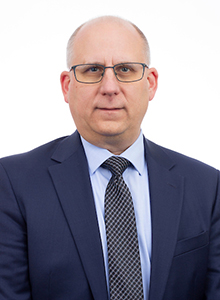Brad Chamberlain, Ph.D.

President
About
Brad Chamberlain began his duties as Luther College’s 12th president on February 7, 2025.
President Brad Chamberlain’s Day 1 Message
“On my first day, what I want you to hear most are four words: honesty, hope, pride, and belief.”
- Ph.D., Inorganic Chemistry, University of Minnesota-Twin Cities, 2000
- B.A., Chemistry, Gustavus Adolphus College, 1994